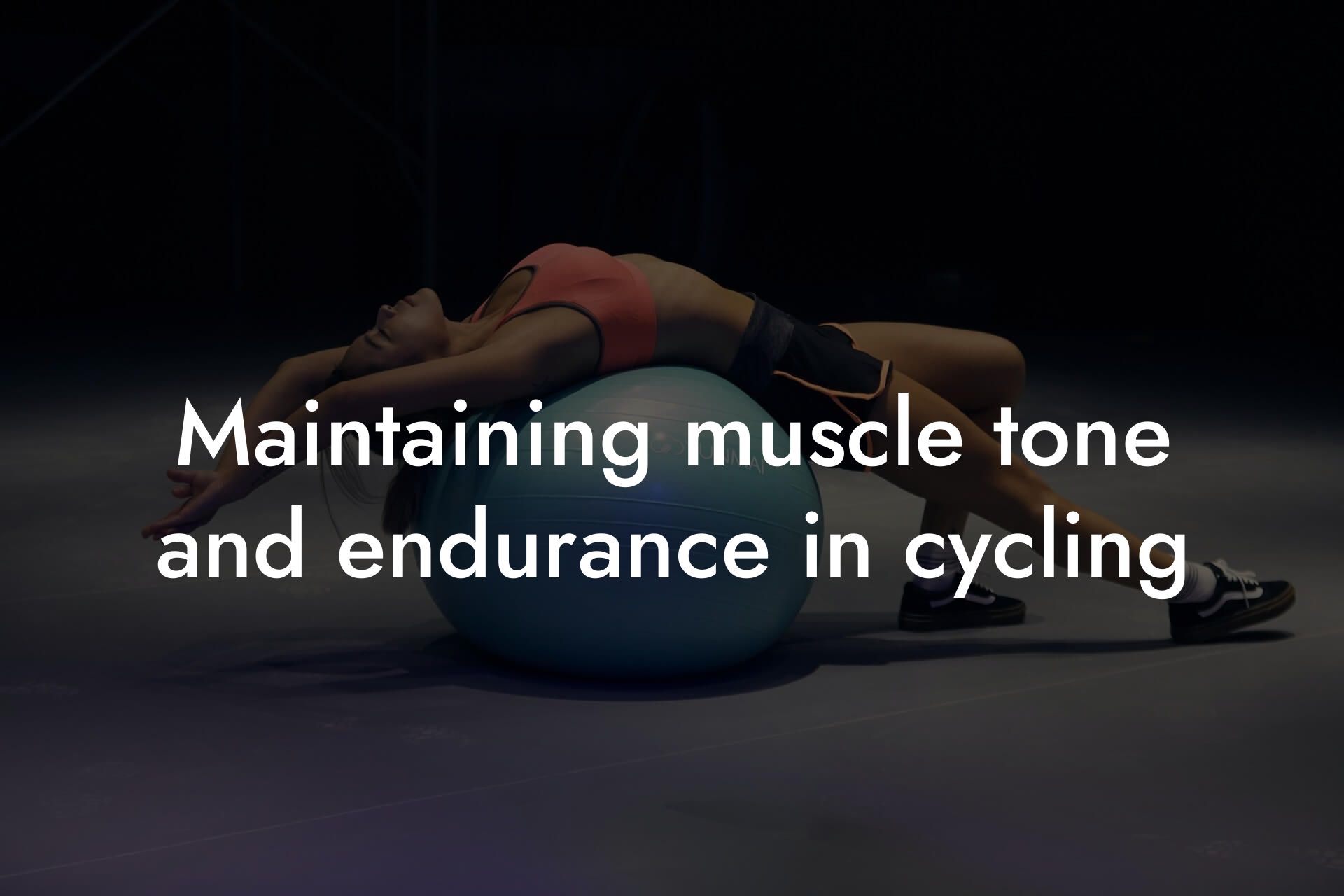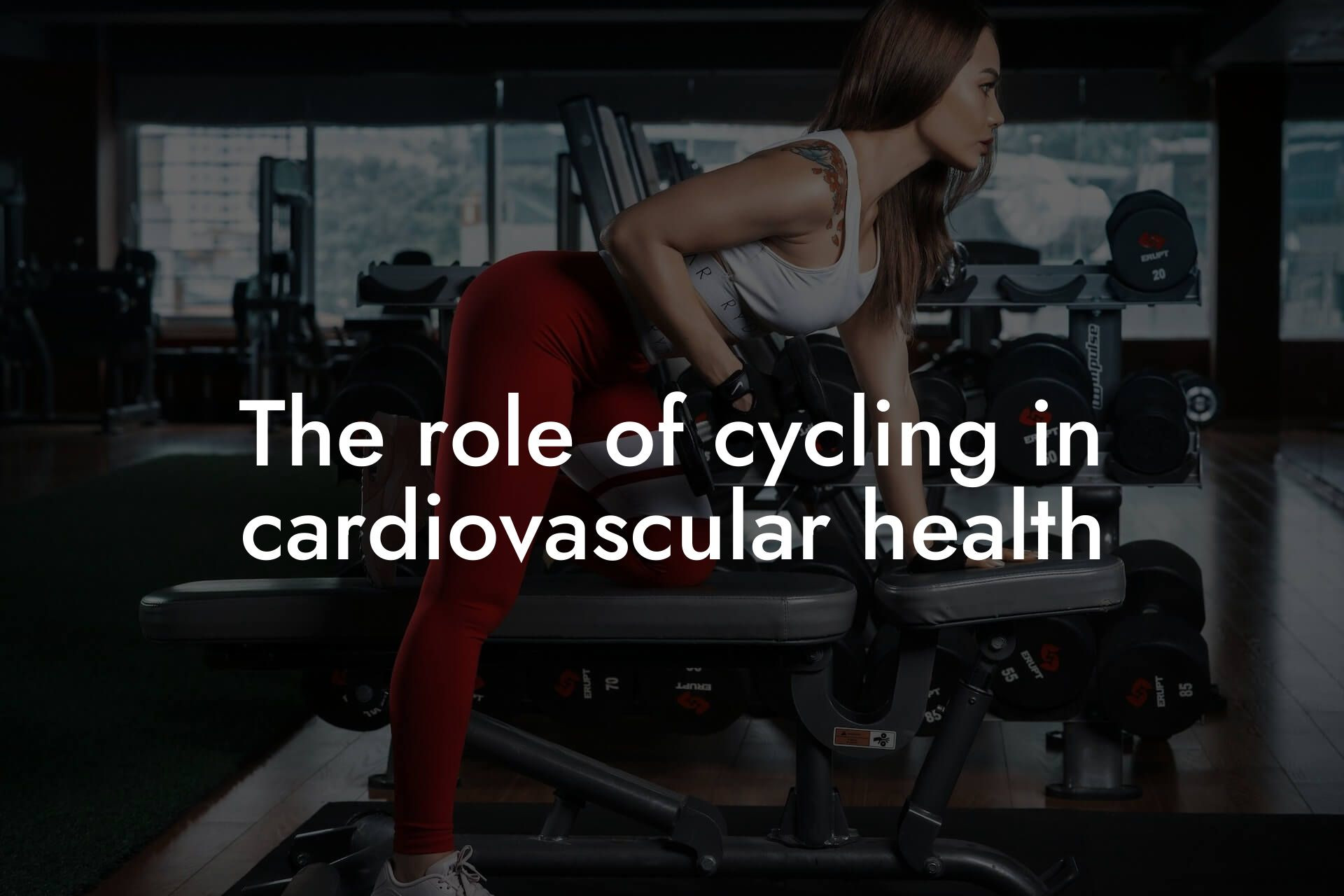As a cycling enthusiast, you're likely no stranger to the importance of tracking your progress, optimizing your training, and fine-tuning your body composition. But did you know that Dual-Energy X-ray Absorptiometry (DEXA) scans can take your performance to the next level? At Tano Performance Group, we're dedicated to helping high-earning professionals like you achieve their physical goals, and DEXA scans are a game-changer for cyclists.
Table of Contents
What is a DEXA Scan?
A DEXA scan is a non-invasive, pain-free medical imaging test that uses X-rays to measure bone density, body composition, and fat distribution. It's commonly used to diagnose osteoporosis, but its applications extend far beyond that. For cyclists, DEXA scans provide a wealth of information that can be used to optimize training, improve performance, and reduce the risk of injury.
Body Composition Analysis
DEXA scans provide a detailed breakdown of your body composition, including lean mass, fat mass, and bone density. This information is invaluable for cyclists, as it allows you to:
- Track changes in body fat percentage and lean mass over time
- Identify areas of excess fat that may be hindering performance
- Optimize your nutrition and training plans to achieve your desired body composition
Bone Density Analysis
Bone density is a critical aspect of cycling performance, as it directly impacts your power-to-weight ratio and overall efficiency on the bike. DEXA scans provide a precise measurement of your bone density, allowing you to:
- Monitor changes in bone density over time, identifying potential issues before they become serious
- Develop targeted training plans to improve bone density and reduce the risk of fractures
- Optimize your nutrition plan to support bone health and density
Injury Risk Assessment
DEXA scans can help identify areas of your body that may be at risk of injury, allowing you to take proactive steps to prevent them. By analyzing your body composition and bone density, you can:
- Identify areas of muscle imbalance that may be contributing to injury risk
- Develop targeted strength training programs to address these imbalances
- Optimize your bike fit and riding technique to reduce the risk of overuse injuries
Performance Optimization
By providing a detailed understanding of your body composition and bone density, DEXA scans can help you optimize your performance on the bike. You can:
- Develop targeted training plans to improve your power-to-weight ratio
- Optimize your nutrition plan to support your training goals
- Identify areas where you can improve your bike fit and riding technique to gain a competitive edge
How Often Should I Get a DEXA Scan?
The frequency of DEXA scans depends on your individual goals and needs. As a general rule, we recommend:
- Getting a baseline scan to establish a starting point for your training and nutrition plans
- Repeating the scan every 6-12 months to track progress and make adjustments as needed
- Getting additional scans as needed to address specific concerns or injuries
What to Expect from a DEXA Scan at Tano Performance Group
At Tano Performance Group, our team of experts will guide you through the DEXA scan process, providing you with a comprehensive report outlining your body composition, bone density, and areas for improvement. Our team will work with you to develop a personalized plan to help you achieve your goals, whether that's improving your performance on the bike or simply feeling more confident in your own skin.
As a cycling enthusiast, you owe it to yourself to take your performance to the next level. DEXA scans are a powerful tool that can help you optimize your training, improve your body composition, and reduce the risk of injury. At Tano Performance Group, we're dedicated to helping you achieve your goals and unlock your full potential. Contact us today to schedule your DEXA scan and take the first step towards peak performance.
Frequently Asked Questions
What is a DEXA scan, and how does it work?
A DEXA (Dual-Energy X-ray Absorptiometry) scan is a non-invasive medical test that measures bone density, body composition, and fat distribution. It uses low-level X-rays to produce detailed images of the body's internal structures, providing accurate measurements of bone density, lean mass, and body fat percentage. This information helps cycling enthusiasts optimize their training, nutrition, and recovery strategies.
How does a DEXA scan benefit cycling enthusiasts?
A DEXA scan provides valuable insights into a cyclist's body composition, bone density, and fat distribution, enabling them to make data-driven decisions to improve their performance, reduce injury risk, and enhance overall health. By tracking changes in body composition and bone density, cyclists can fine-tune their training, nutrition, and recovery strategies to achieve their goals.
What can I expect during a DEXA scan?
During a DEXA scan, you'll lie on a flat, padded table, and the scanner will move slowly above your body, taking X-ray images of your bones and body composition. The entire process typically takes around 10-15 minutes, and you'll be required to remain still and hold your breath for short periods. The scan is painless, non-invasive, and safe.
Is a DEXA scan safe, and are there any risks involved?
DEXA scans are extremely safe and pose minimal risks. They use very low levels of radiation, equivalent to a few days of natural background radiation. The scan is also non-invasive, meaning it doesn't require any injections, incisions, or other invasive procedures.
How often should I get a DEXA scan as a cycling enthusiast?
We recommend getting a DEXA scan every 6-12 months to track changes in your body composition and bone density. This frequency allows you to monitor the effectiveness of your training and nutrition strategies, make adjustments as needed, and identify potential issues before they become major problems.
What is the difference between a DEXA scan and other body composition tests?
DEXA scans are more accurate and comprehensive than other body composition tests, such as bioelectrical impedance analysis (BIA) or skinfold measurements. DEXA scans provide detailed information on bone density, lean mass, and fat distribution, whereas other tests may only provide a general estimate of body fat percentage.
Can a DEXA scan help me optimize my nutrition and hydration strategies?
Absolutely! A DEXA scan provides valuable insights into your body's macronutrient and micronutrient needs. By analyzing your body composition and bone density, you can tailor your nutrition and hydration strategies to support optimal performance, recovery, and overall health.
How does a DEXA scan help with injury prevention and recovery?
A DEXA scan can identify potential injury risks by detecting areas of low bone density, muscle imbalances, and other biomechanical issues. By addressing these issues proactively, you can reduce your risk of injury and optimize your recovery strategies to get back on the bike faster.
Can a DEXA scan help me improve my cycling performance?
Yes! By providing detailed information on your body composition, bone density, and fat distribution, a DEXA scan can help you optimize your power-to-weight ratio, improve your pedaling efficiency, and enhance your overall cycling performance.
What is the relationship between body fat percentage and cycling performance?
Excess body fat can negatively impact cycling performance by increasing energy expenditure, reducing power output, and increasing the risk of injury. By maintaining a healthy body fat percentage, cyclists can optimize their performance, improve their endurance, and reduce their risk of injury.
How does bone density affect cycling performance and injury risk?
Low bone density can increase the risk of fractures, osteoporosis, and other injuries, particularly in cyclists who engage in high-impact activities. By maintaining healthy bone density, cyclists can reduce their risk of injury, improve their performance, and enhance their overall health.
Can a DEXA scan help me track changes in my body composition over time?
Absolutely! A DEXA scan provides a detailed snapshot of your body composition at a given point in time. By tracking changes in your body composition over time, you can monitor the effectiveness of your training and nutrition strategies, identify areas for improvement, and make data-driven decisions to optimize your performance.
How does a DEXA scan account for muscle mass and lean body mass?
A DEXA scan accurately measures lean body mass, which includes muscle mass, bone density, and other non-fat tissues. This information helps cyclists optimize their training and nutrition strategies to build lean muscle mass, improve their power-to-weight ratio, and enhance their overall performance.
What is the difference between a DEXA scan and a body fat percentage measurement?
A DEXA scan provides a comprehensive measurement of body composition, including bone density, lean mass, and fat distribution, whereas a body fat percentage measurement only provides a general estimate of body fat percentage. DEXA scans are more accurate and provide a more detailed understanding of body composition.
Can a DEXA scan help me identify areas of muscle imbalance?
Yes! A DEXA scan can identify areas of muscle imbalance by analyzing lean mass distribution and bone density. By addressing these imbalances, cyclists can improve their pedaling efficiency, reduce their risk of injury, and enhance their overall performance.
How does a DEXA scan account for visceral fat and other health risks?
A DEXA scan provides detailed information on fat distribution, including visceral fat, which is a key indicator of metabolic health risks. By tracking changes in visceral fat and other health metrics, cyclists can identify potential health risks and take proactive steps to mitigate them.
Can a DEXA scan help me optimize my training program?
Absolutely! A DEXA scan provides valuable insights into your body composition, bone density, and fat distribution, enabling you to tailor your training program to your specific needs and goals. By optimizing your training program, you can improve your performance, reduce your risk of injury, and enhance your overall health.
How does a DEXA scan help with goal setting and progress tracking?
A DEXA scan provides a clear snapshot of your current body composition, bone density, and fat distribution, enabling you to set realistic goals and track your progress over time. By monitoring changes in your body composition and performance metrics, you can stay motivated, adjust your strategies as needed, and achieve your goals.
Is a DEXA scan suitable for cyclists of all ages and fitness levels?
Yes! A DEXA scan is suitable for cyclists of all ages and fitness levels, from recreational riders to elite athletes. The scan provides valuable insights into body composition, bone density, and fat distribution, which can help cyclists of all levels optimize their performance, reduce their risk of injury, and enhance their overall health.
How can I schedule a DEXA scan with Tano Performance Group?
Simply contact us through our website or give us a call to schedule a DEXA scan at a time that suits you. Our team of experts will guide you through the process, answer any questions you may have, and provide you with a comprehensive report and personalized recommendations.
What is the cost of a DEXA scan with Tano Performance Group?
The cost of a DEXA scan with Tano Performance Group varies depending on your location and the specific services you require. Please contact us for a personalized quote and to discuss your specific needs and goals.
Do you offer any discounts or packages for frequent DEXA scans?
Yes! We offer discounts and packages for frequent DEXA scans, as well as bundled services with our other offerings. Please contact us to discuss your specific needs and goals, and we'll provide you with a customized quote and package options.
Here are some related articles you might love...
- Strength training tips to complement your cycling routine
- Maintaining muscle tone and endurance in cycling
- The role of cycling in cardiovascular health
- Nutrition strategies for sustained energy during spin classes
- Balancing strength and endurance in spin classes
- Bone density and its role in cycling performance
- How body composition affects cycling performance
- Recovery techniques for cyclists after intense sessions
Zak Faulkner
Zak Faulkner is a leading authority in the realm of physical health and body composition analysis, with over 15 years of experience helping professionals optimise their fitness and well-being. As one the experts behind Tano Performance Group, Zak has dedicated his career to providing in-depth, science-backed insights that empower clients to elevate their physical performance and overall health.
With extensive knowledge of DEXA technology, Zak specializes in delivering comprehensive body assessments that offer precise data on body fat, muscle mass, bone density, and overall physique. His expertise enables individuals to make informed decisions and achieve their fitness goals with accuracy and confidence. Zak’s approach is rooted in a deep understanding of human physiology, combined with a passion for helping clients unlock their full potential through personalised strategies.
Over the years, Zak has earned a reputation for his commitment to excellence, precision, and client-focused service. His guidance is trusted by top professionals who demand the best when it comes to their health. Whether advising on fitness programs, nutritional strategies, or long-term wellness plans, Zak Faulkner’s insights are a valuable resource for anyone serious about taking their health and fitness to the next level.
At Tano Performance Group, Zak continues to lead our Content Team revolutionising how professionals approach their physical health, offering unparalleled expertise that drives real results.




